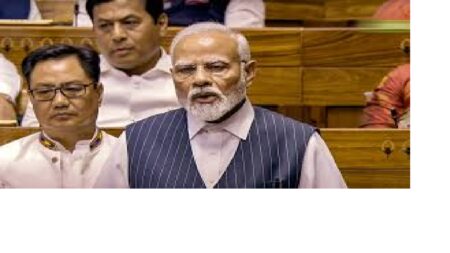Iceland appeared to have elected Europe’s first female-majority parliament, but a recount set forth it failed to reach the milestone for gender equality.
Iceland’s prime minister Katrin Jakobsdottir’s movement Left-Green also appeared to be withered after facing defeat, questioning her political career.
Iceland election recount reversed the first female-majority parliament
For a short time there, Iceland was confident that it had made history by electing Europe’s first female-majority parliament.
However, the results reversed soon after the recount that showed it had failed to achieve the landmark.
The country’s prime minister is a woman, Katrin Jakobsdottir, a decorated politician who regulated the first government to complete a full term after a decade’s political chaos.
The previous result conveyed women winning 33 seats out of 63, which is 52 per cent in total, but the recount confirmed their victory upon just 30 seats which makes it 47.6 per cent.
According to the inter-parliamentary Union, no European country before has surpassed the curb of 50 per cent, with Sweden approaching close by 47 per cent.
The outcome clearly states that six additional women have been appointed to the parliament, but men still hold a more significant number of seats.
In contrast to many other countries, Iceland does not have a legal fraction of seats reserved for female representation, even though some parties make it mandatory to fulfil a minimum number of female seats.
At first, the supposed female majority in parliament was acclaimed as one of the milestone achievements in gender parity.
Before the recount, president Gudni Johannesson expressed the joy of triumph by addressing the first-time majority of women in parliament as the most important news from the historical and international standpoint.
Just a small number of countries, none in Europe have a majority of female legislators.
Iceland’s voting system and parties
The voting system in Iceland is partitioned into six sections, and the authorities carried out the recount in Western Iceland after the cross-examination of several ballots.
The National Electoral Commission has not published the results on the official website, and the miscalculation has not been thoroughly accounted for but is contemplated to be human error.
The three parties in the civil federation authority administered by Prime Minister Katrin Jakobsdottir managed to capture 37 seats and looked probably to continue incompetency.
Opinion polls pointed to the win of left-biased parties in the uncertain election, but the centre-right independence party bagged the maximum number of votes, winning 16 seats in total.
Before this election, these two parties constituted Iceland’s three-party alliance government associated with Jakobsdottir’s Left-Green Party.
None of the three governing parties has announced yet whether they will continue to work together for another tenure, but considering the massive support from voters, it appears fitting.
The announcement and formation of the new government will still take some time.
The head of the anti-establishment Pirate party, Magnus Davio Norodahl, told the RUV he believed severe shortcomings in the vote count.
A Pirate party candidate, Lenya Run Karim, a 21-year-old law student and the daughter of Kurdish immigrants, saw her victory overturned by the recount tweeted late in the day, “These were a good nine hours”.
Karim said she woke up on Sunday to her cell phone flooding with calls and messages saying she has broken records as the youngest lawmaker in the history of Iceland, only to have those dreams reversed hours later.
With a population of 371000 people, Iceland has been ranked the most gender-equal country in the world for more than ten years in a row by the World Economic Forum.












